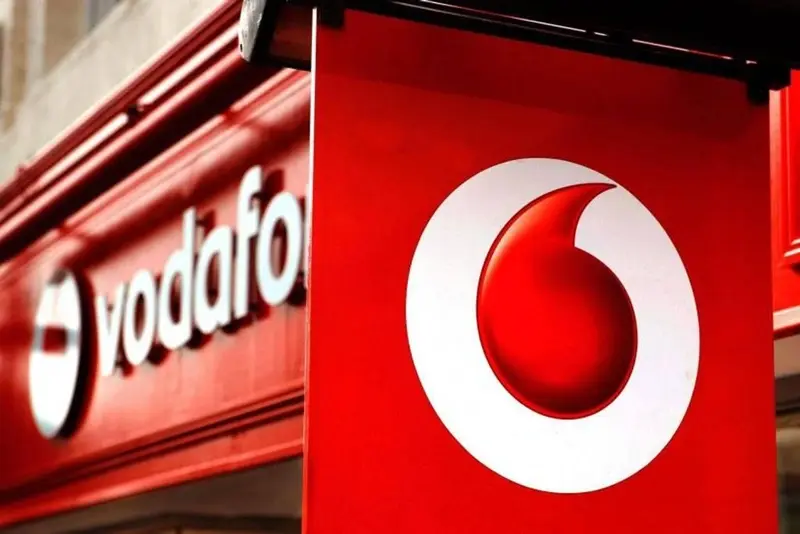
This would be a staggering return for a FTSE 100 stalwart that is valued just a fraction shy of £45bn. To put that into perspective, that’s larger than the market capitalisations of the bottom 10 FTSE 100 companies put together.
Everyone knows Vodafone (VOD) and thousands of Shares readers are probably customers. It is the UK’s largest mobile communications network provider and one of the biggest in the world, supplying more than 523m mobile customers across the globe. The FTSE 100 mega-cap is also a staple portfolio stock for thousands of investors thanks to its huge dividends.
This year’s full year (to 31 March 2019) payout is expected to be €0.14 per share, according to consensus estimates. Numis analysts anticipate an even higher €0.154 dividend, or roughly 13.7p, which would imply a whopping income yield of 8.15%, based on today’s 167.94p share price.
And that payout is safe, believe Numis’ analysts of the present situation. They point to the Vodafone board’s assumptions of free cash flow totalling €17bn for this year and the next two combined. Over the same three year period dividend costs are estimated at approximately €12bn, so ‘ample room for the dividend,’ says Numis.
30% DOWN IN 2018
So why has the share price consistently fallen through 2018? In January the stock was changing hands at 238p, so it has declined nearly 30% this year.
Intensifying competition is one of the big reasons. Aggressive promotions in Italy from Iliad, a new entrant in Italy where Vodafone earns about 12% of its service revenue, has seriously dragged on market sentiment. There has also been stiff challenges in Spain, largely due to Vodafone pulling out of paying premium prices to supply Spanish football.
India is another huge market where Vodafone has faced tough competition, largely from huge promotions by Jio. That part of the business has now been hived off as part of a joint venture, and most analysts believe pricing pressure will ease as Jio struggles to continue to virtually give away network access.
The UK business hasn't been great either.
Yet Numis reckons that these emerging challenges are proving no worse than management expectations.
So while investors seem to have homed in on potential negatives, they seem to have underplayed Vodafone’s success elsewhere in Europe, and emerging economies in Africa, the Middle East and Asia Pacific (AMAP). This is thanks to its unified communication strategy which combines high-quality voice, data, cloud for business, and entertainment services across a wide range of technologies and screens to both consumers and enterprises.
In fairness, Vodaone has been through a multi-year period where earnings failed to cover dividend costs. Last year the company paid €0.151 per share in dividends from just €0.12 of earnings per share (EPS), and this year’s payout will remain uncovered by anticipated €0.13 EPS.
That means shareholder payouts are having to be propped up by debt, a situation that cannot last forever.
AN END TO DEBT-BACKED DIVIDENDS
But it is due to change by full year 2021, if Numis has done its sums right, where EPS versus dividends are forecast at €0.17 over €0.16.
Other areas of opportunity, as Numis sees it, include merged operations in Australia with TPG, an IPO of the New Zealand business, plus possible sale and leaseback arrangements on mobile masts in some parts, particularly India.
‘Vodafone’s dividend is safe, the group is developing several opportunities to monetise non-core assets and therefore cut net debt faster,’ is how Numis sees it.
About this time last year Vodafone launched a rebranded market positioning strategy under the ‘The future is exciting. Ready?’ strapline. Investors will get the chance to assess how well that, and other plans, are playing out for the company over the next few months.
Vodafone will announce half year results to 30 September sometime around the middle of November.




